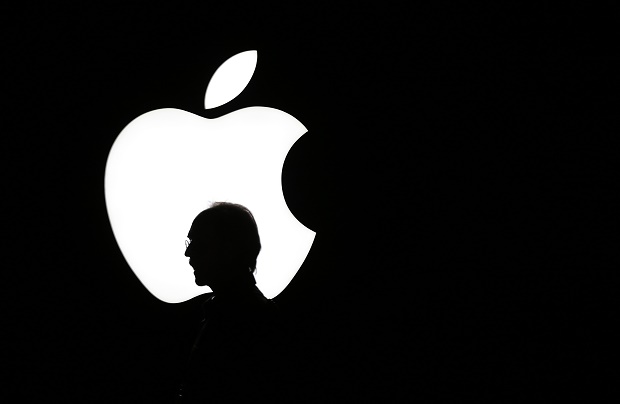Apple asks top US court to reject Samsung appeal

A man is silhouetted walking past the Apple logo during a product display for Apple TV following an Apple event Wednesday, Sept. 9, 2015, in San Francisco. AP File Photo
WASHINGTON, United States—Apple has asked the US Supreme Court to dismiss Samsung’s appeal in the blockbuster patent case between the two smartphone giants, saying the ruling followed “well-established” legal precedent.
A filing Thursday from the California giant came in response to Samsung’s appeal seeking to overturn a $548 million award for patent infringement related to copying features from Apple’s iPhones.
READ: Samsung takes Apple patent case to US Supreme Court
“Samsung had its day in court—many days, in fact—and the properly instructed jury was well-justified in finding that Samsung copied Apple’s designs and should pay the damages that the statute expressly authorizes,” Apple said in its response, first reported by the blog Foss Patents.
“While this litigation may be high-profile, it is legally unexceptional, and Samsung has shown no reason for this court to prolong it.”
Attorneys for the South Korean consumer electronics titan argued in December that the massive payout was not warranted, because smartphones “contain countless other features that give them remarkable functionality wholely unrelated to their design.”
READ: Samsung to pay Apple $548M in lengthy patent case
“Even if the patented features contributed one percent of the value of Samsung’s phones, Apple gets 100 percent of Samsung’s profits,” the appeal said.
The arch-rivals have battled in close to a dozen countries, with each accusing the other of infringing on various patents related to their flagship smartphone and tablet products.
Florian Mueller, who publishes the Foss Patents blog, said the case could present an opportunity for the top court to review the issue of “design patents,” a key element of the case.
“The Supreme Court hasn’t heard a design patent case in about 122 years,” he wrote.
“It’s so obvious that a lot of things have changed during that period, and the role design patents play in connection with complex technology products really needs to be adjudicated again.”